EDITORIAL
Published on 09 Jan 2025
Editorial: Fertilization and early embryogenesis: from research to clinical practice
doi 10.3389/fcell.2024.1547205
- 525 views
6,550
Total downloads
29k
Total views and downloads
EDITORIAL
Published on 09 Jan 2025
ORIGINAL RESEARCH
Published on 25 Oct 2024
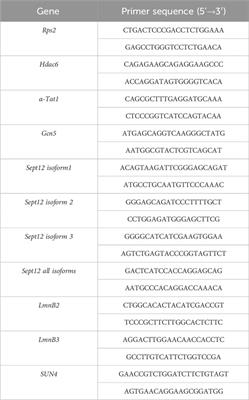
REVIEW
Published on 01 Aug 2024
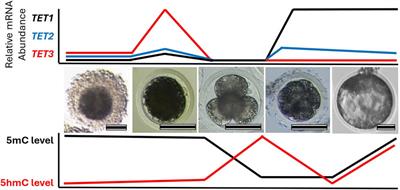
ORIGINAL RESEARCH
Published on 30 Jul 2024
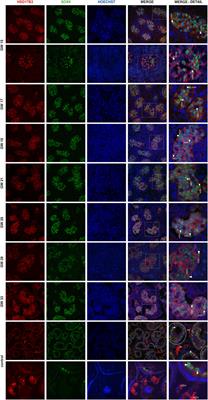
ORIGINAL RESEARCH
Published on 03 Jun 2024
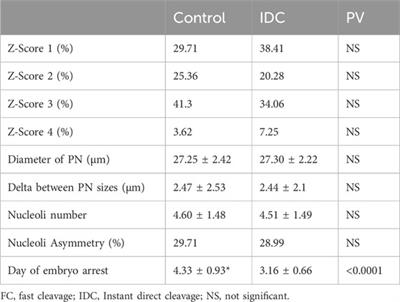
ORIGINAL RESEARCH
Published on 28 Mar 2024
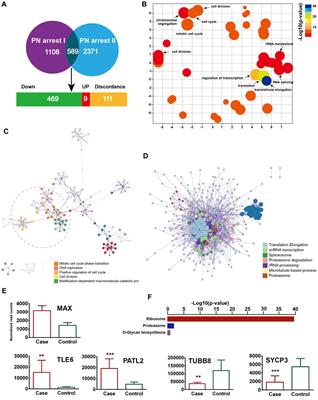
ORIGINAL RESEARCH
Published on 21 Mar 2024
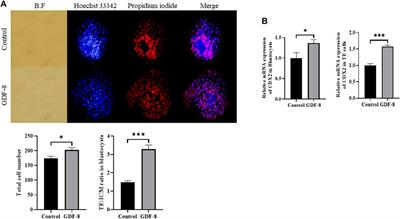
ORIGINAL RESEARCH
Published on 13 Mar 2024
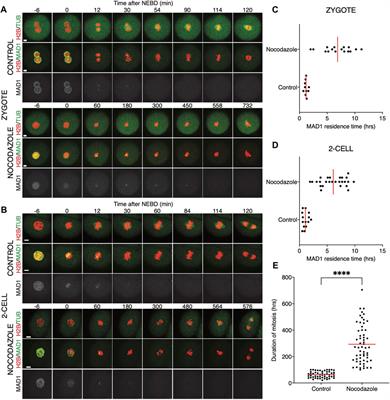
BRIEF RESEARCH REPORT
Published on 08 Mar 2024
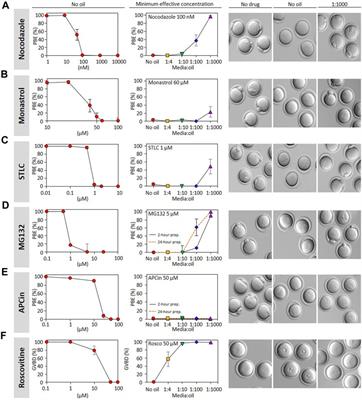
MINI REVIEW
Published on 07 Mar 2024
REVIEW
Published on 15 Feb 2024

ORIGINAL RESEARCH
Published on 16 Nov 2023
